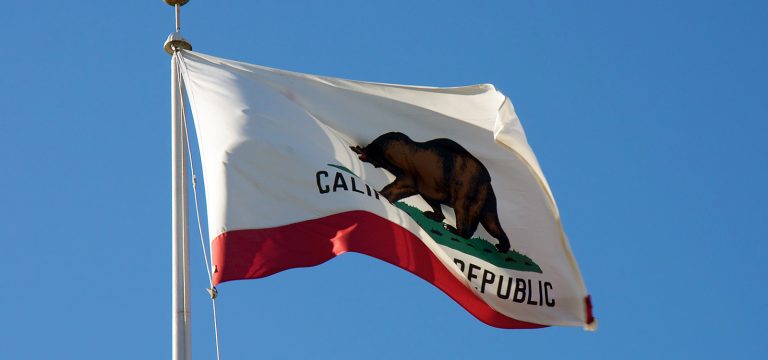The California cannabis industry could experience significant changes under a draft bill introduced last week to the California Assembly, according to a Canna Law Blog analysis.
Sponsored by Assemblymember Cecilia Aguiar-Curry, the draft bill AB-2223 could have some major implications for the industry, including:
- Cannabis manufacturers and other operators would be allowed to use hemp and its derivatives, and regulations to that end would be required by July 1, 2025. The products would still be required to comply with industry rules including track-and-trace measures.
- The proposal would also crack down on so-called “synthetic cannabinoids” — operators would not be allowed to use delta-9 THC “that has been converted from a hemp-derived cannabinoid,” and retailers would not be allowed to sell products containing “converted delta-9 tetrahydrocannabinol,” the report said.
- The proposal would also bring new standards for hemp food and beverages including rules to regulate serving sizes and the number of servings (five) allowed per package, as well as definitions for hemp dietary supplements including pills, tablets, and capsules.
Notably, the draft proposal is still very new — some sections were even left blank by the drafters, including the maximum amount of THC that would be allowed under a proposed potency cap — and the bill could undergo significant changes before becoming law (if it advances at all).
California voters passed adult-use cannabis legalization in 2016 and the state’s adult-use industry launched in 2018. The state currently operates the largest legal cannabis industry in the world with $5.9 billion in combined medical and recreational sales in 2023.
Get daily cannabis business news updates. Subscribe
